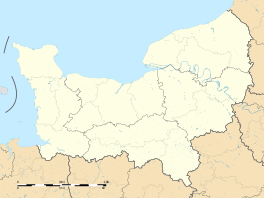
The Federal Lawyer will soon run a review of mine of GAME OVER, a memoiristic account of the crisis of Greek debt in the period 2009-2011, when the book's author, George Papaconstantinou, was finance minister.
I won't steal my own thunder by going over the material of that review here.
Instead, I'll simply mention this: my birthday plays a prominent part. Specifically, my 52d birthday -- October 18, 2010. So pardon me a flashback Friday.
In October 2010, French and German officials met each other in the seaside resort town of Deauville, in the Normandy region of France. They discussed Greece. The two countries involved in the summit were until that time taking somewhat different positions, but each wanted to present a common front. So, as Papaconstantinou (who wasn't there) reconstructs it --
On October 18th ... Nicolas Sarkozy and Angela Merkel -- both clad in raincoats -- went strolling on the famous Deauville promenade. In the culmination of months of behind-the-scenes negotiations, they sealed a deal that took even their closest aides by surprise.
He doesn't say that it was actually raining. We can take the raincoats as a clue, unless that is a European head-of-state sort of fashion statement. Anyway ...
Germany backed down on automatic sanctions for countries breaching fiscal rules and accepted 'qualified majority' decision making, which gave greater discretion to governments, something France badly wanted. In exchange France accepted a proposal for a limited EU treaty change that would, as of 2013, turn the temporary bail-out fund into a permanent mechanism.
I'm not sure I know what all of that means, even having read the context. No wonder it didn't get into my review. Still, something kind of important happened on October 18. That's all you need to know.
Comments
Post a Comment